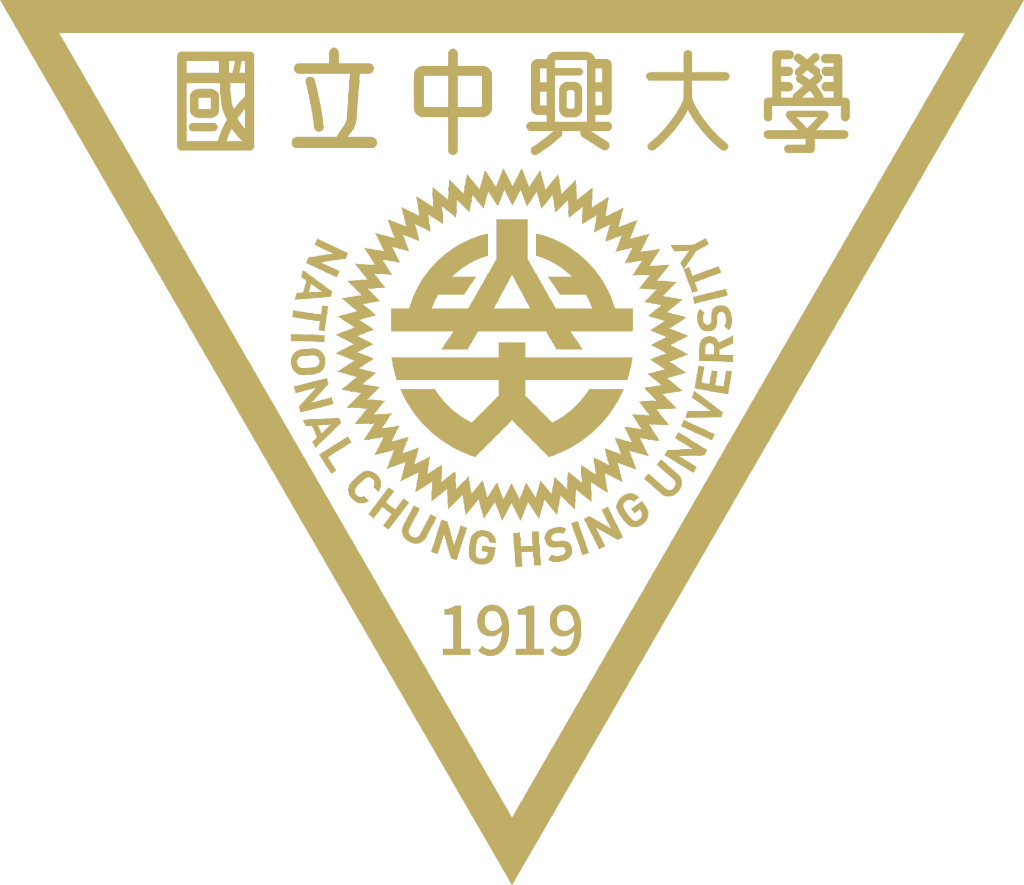CHIEH-TING LIN'S LAB
Research Field
Dr Chieh-Ting Lin received his BSc from National Cheng Kung University in Taiwan, together with exchange programs at Temple University in U.S and Osaka University in Japan. He then continued his MRes and PhD under the supervision of Professor Martyn Mclachlan and Professor James Durrant at Imperial College London in U.K. His project focused on enhancing the stability and efficiency of perovskite solar cells and probing the origin of these enhancements via material and photophysics characterisations. He then worked on the development of stable organic photocathodes as a research associate at Imperial College London. Later on, he moved to Gwangju Institute of Science and Technology and focused on large-scale perovskite and organic solar cells. He is now an assistant professor at National Chung Hsing University, Department of Chemical Engineering, and his research focuses on single crystal perovskite solar cells and all perovskite tandem solar cell.
Our lab focuses on advancing perovskite solar cell technology through innovative research. We aim to improve their efficiency and stability by exploring surface modification, defect passivation, additive engineering, and tuning the composition of perovskite to approach the ideal band gap. We are also interested in developing wide-bandgap perovskite solar cells, which offer improved efficiency due to their lower absorption threshold, and Sn-Pb perovskite solar cells, which offer better stability and lower toxicity than Cs-based perovskites. We are exploring approaches such as materials engineering and device optimization to enhance the performance of these solar cells. Our goal is to contribute to the development of sustainable and efficient solar cell technologies that can mitigate climate change and provide clean energy for the future.
Perovskite solar cells, Single crystal growth, Charge-Transfer Dynamics
Selective Publication:
1. Chieh-Ting Lin, Cheng?Tien Hsieh, Thomas J Macdonald, Jia-Fu Chang, Po?Chen Lin, HyojungCha, Ludmilla Steier, Andrew Wadsworth, Iain McCulloch, Chu-Chen Chueh, James R Durrant(2022, Oct). Water?Insensitive Electron Transport and Photoactive Layers for Improved Underwater Stability of Organic Photovoltaics. Advanced Functional Materials, Volume32,Issue40, 2203487. (SCI).MOST 110-2222-E-005-005-MY3.
2. Jiaying Wu, Hyojung Cha, Tian Du, Yifan Dong, Weidong Xu, Chieh?Ting Lin, James R Durrant(2022, Jan). A Comparison of Charge Carrier Dynamics in Organic and Perovskite Solar Cells.Advanced Materials, 34,2,2101833. (SCI). (IF: 32.09)
3. Chieh-Ting Lin, Weidong Xu, Thomas J. Macdonald, Jonathan Ngiam, Ju-Hyeon Kim, Tian Du,b,Shengda Xu, Pabitra Shakya Tuladhar, Hongkyu Kang, Kwanghee Lee, James R .Durrant, MartynA. McLachlan (2021, Sep). Correlating active layer structure and composition with device performance and lifetime in amino acid modified perovskite solar cells. ACS Applied Materials andInterfaces. (SCI).
4. Chieh?Ting Lin, Jinho Lee, Jinhyun Kim, Thomas J Macdonald, Jonathan Ngiam, Bob Xu, Matyas Daboczi, Weidong Xu, Sebastian Pont, Byoungwook Park, Hongkyu Kang, Ji?Seon Kim, David J Payne, Kwanghee Lee, James R Durrant, Martyn A McLachlan (2020). Origin of Open?Circuit Voltage Enhancements in Planar Perovskite Solar Cells Induced by Addition of Bulky OrganicCations. Advanced Functional Materials. (SCI).
5. Chieh-Ting Lin, Jonathan Ngiam, Bob Xu, Yu-Han Chang, Tian Du, Thomas J Macdonald, JamesR Durrant, Martyn A McLachlan (2020). Enhancing the operational stability of unencapsulated perovskite solar cells through Cu–Ag bilayer electrode incorporation. Journal of Materials Chemistry A. (SCI)
6. Chieh-Ting Lin, Francesca De Rossi, Jinhyun Kim, Jenny Baker, Jonathan Ngiam, Bob Xu,
Sebastian Pont, Nicholas Aristidou, Saif A Haque, Trystan Watson, Martyn A McLachlan, James R Durrant (2019). Evidence for surface defect passivation as the origin of the remarkable photostability of unencapsulated perovskite solar cells employing aminovaleric acid as a processing additive. Journal of Materials Chemistry A. (SCI).
Imperial College London(London, United Kingdom) PhD.,Materials Imperial College London(London, United Kingdom) MRes., Chemistry (Degree with distinction) National Cheng Kung University (Tainan, Taiwan B.S., Chemical Engineering)
2 Vacancies
Job Description
- We are seeking a highly motivated Research Scientisto develop tin (Sn) and mixed tin-lead (Sn-Pb) perovskite solar cells for indoor photovoltaic (IPV) applications. The successful candidate will work on optimizing the composition, processing, and interface engineering of perovskite materials to improve efficiency, stability, and reproducibility under low-light conditions. The role involves materials synthesis, device fabrication, advanced characterization, and performance optimization, with a strong focus on understanding charge transport mechanisms and defect passivation strategies.
- Develop and optimize Sn and mixed Sn-Pb perovskite formulations tailored for indoor light harvesting.
- Design and fabricate high-performance perovskite solar cells (n-i-p and p-i-n structures) using solution-based processing techniques.
- Investigate interface engineering strategies to enhance charge transport and suppress recombination losses.
- Implement dopant engineering and defect passivation methods to improve stability and efficiency.
Preferred Intern Education Level
Undergraduate (Final Year), Master’s, or PhD Students
- Fields of Study: Materials Science, Chemical Engineering, Physics, Electrical Engineering, Chemistry, or a related discipline.
- Experience Level: Prior research experience in solar cells, thin-film deposition, or semiconductor device fabrication is preferred but not mandatory.
Skill sets or Qualities
Materials Science & Chemistry:
- Understanding of perovskite materials, particularly tin (Sn) and mixed tin-lead (Sn-Pb) perovskites.
- Basic knowledge of semiconductor physics and optoelectronics.
Device Fabrication & Processing:
- Experience with solution-based deposition techniques (e.g., spin-coating, doctor blading, thermal evaporation).
- Knowledge of hole transport layers (HTLs) and electron transport layers (ETLs) in perovskite solar cells.
- Familiarity with glovebox operation and handling air-sensitive materials is a plus.
Characterization & Analysis:
- Hands-on experience with material and device characterization techniques, such as:
- Optical characterization: UV-Vis, steady-state and transient photoluminescence (PL).
- Electrical characterization: J-V measurements, impedance spectroscopy, Mott-Schottky analysis.
- Microscopy & Surface Analysis: SEM, AFM, XRD.
- Charge dynamics: Transient Photovoltage (TPV), Transient Photocurrent (TPC), Time-Resolved Photoluminescence (TRPL).
